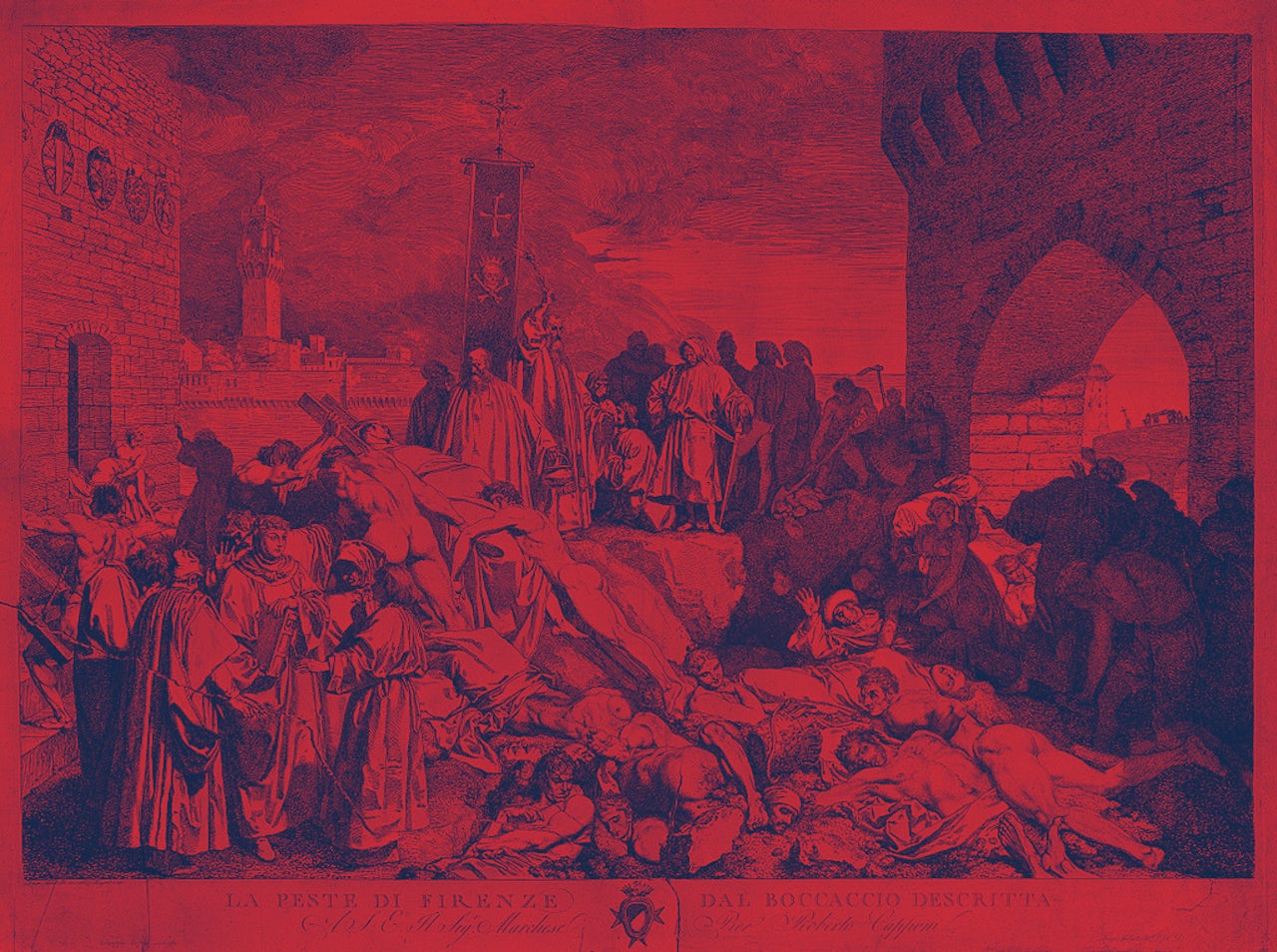Two professors at the University of Washington want to teach you a few things about bullshit. Specifically, how to identify it and possibly fight back.
Evolutionary biologist Carl Bergstrom and data scientist Jevin West have proposed a seminar on information literacy they say will prepare students to parse the news media, scientific studies, and particularly ubiquitous (and often exaggerated) claims about the power of algorithms and big data, which is reflected in the course’s ribald title: “Calling Bullshit in the Age of Big Data.”
“We feel that the world has become oversaturated with bullshit, and we're sick of it,” the duo wrote. “However modest, this course is our attempt to fight back.”
It’s a compelling pitch in the era of fake news and post-truth politics. A grim study by Stanford researchers last year found that most teenagers have difficulty assessing whether a source of information is credible; more than 80 percent of kids polled couldn’t identify whether a story identified as sponsored content was a real news item.
One catch: The course itself doesn’t exist yet, at least officially. Bergstrom and West are hoping that by publicizing the idea, they’ll be able to convince the University of Washington to actually offer it. Their site is fairly fleshed out, though, and its syllabus contains a worthwhile reading list. The first text in the course, for instance, is “On Bullshit,” an influential 1986 essay in which philosopher Harry G. Frankfurt defines bullshit as communication designed only to persuade, with no care for whether it’s true or false.
Claire Wardle, the research director at First Draft, a nonprofit developing ways to identify inaccurate content on the social web, said that she hopes other educators will add more to the syllabus to make it comprehensive, but that such a course could make students better critical thinkers.
“The concepts explained in this syllabus are at a university level, and I agree with the designers of the syllabus that this should be compulsory across the higher education sector,” Wardle said.
There’s also a winking sense of fun to the curriculum. In one case study on the Calling Bullshit site, the pair critique a misleading paragraph from a book on evolution co-authored by Bergstrom. “No one is immune to calls of bullshit,” they wrote.

